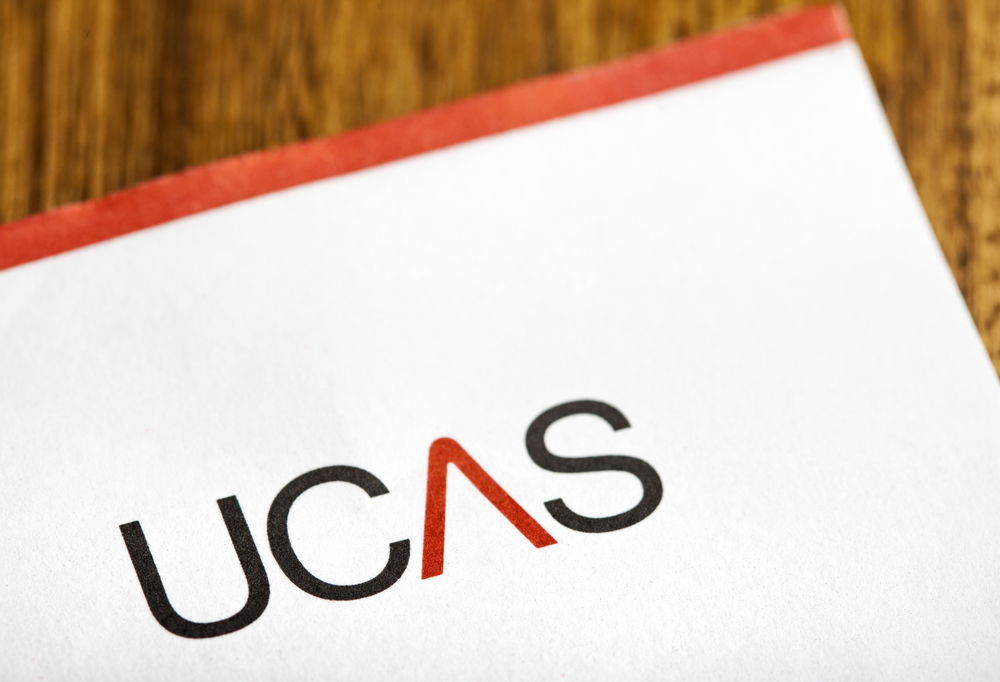All students who want to apply for third level undergraduate courses in the UK have to use the UCAS system – which stands for the Universities and Colleges Admissions Service. This is the equivalent of the CAO in Ireland, in that it is a centralised service that looks after admissions on behalf of all the universities and colleges.
The UCAS system is a bit more complicated than the CAO. It is less of a straightforward, anonymous points race, and instead takes into account more elements of the student’s capabilities and personality. Like the CAO, UCAS is not involved in choosing or ranking students; it just passes on information to the colleges or universities, who then make the decisions.
All UCAS applications are now submitted online through the UCAS website. This is a much handier system than the old paper based process, and it allows students to track their application over the Internet. The UCAS online system is designed with Irish students in mind, and when it finds out that you are applying from an Irish school it directs you to special pages where you fill in your Leaving Cert subjects and school info.
Two very important features of the UCAS process include the student’s personal statement and teacher’s reference. Plus, you also have to give information on your work experience, and disability or special needs.
Your personal statement gives you a chance to explain to the university why you have chosen your course, and persuade them to pick you as a student. This is a vital part of the process, and you should take the time to compose a statement that shows them just how serious you really are. More info and advice on writing a personal statement is available on the UCAS website.
The teacher who writes your reference (usually your career guidance teacher or the one who teaches the class with the closest possible link to your college course), will also oversee your application. When you have entered all of your information, they must check to make sure it has all been done correctly and then add their reference. Mature students, or those whose school is not involved in helping them with their application, may decide to choose a referee who is not a current teacher. Again, more info on how this should be done (this is only advisable in unusual cases) is available on the UCAS site.
UCAS uses a different points system to that of the CAO. It considers the results of your top subjects. When your application is processed, your chosen university might make you an offer, which is dependent on you getting set grades in your exams. For example, you might be offered a course if you get at least 2 Bs and 4 Cs in honours subjects, or 2 Cs and 4 Ds in pass subjects. This means that you have a better idea in advance of what grades you will need to achieve to secure your place.
The deadline for UCAS is in January, around the same time as the CAO. However, for some courses, including all programmes at Cambridge and Oxford Universities, you will have had to get your application in by the previous October. Medicine, Dentistry and Veterinary applications also have an earlier closing date. Check with your chosen college or university or with UCAS well in advance to make sure you have the right date.
Another major difference between the CAO and UCAS systems is ‘Clearing’, which is a second chance to secure a place on a course. Clearing takes place in late August and early September, when most of the college places have already been given out but there are still a large amount of college places to be filled. Information on which courses have places available appears on the colleges’ websites, on the UCAS site and in the UK press. If you have already entered a UCAS application they will send you an official Clearing form to use. However, the student must first ring the college directly to apply for the free places. Even if you haven’t considered the UK before, it is still possible to secure a college place through clearing by contacting the university or college directly.
The UCAS system involves a bit more work than the CAO system, which Irish students may be more used to hearing about. However, there are many who will argue that it is a fairer system, and that it offers students an excellent chance of finding a course which is right for them.












Comments